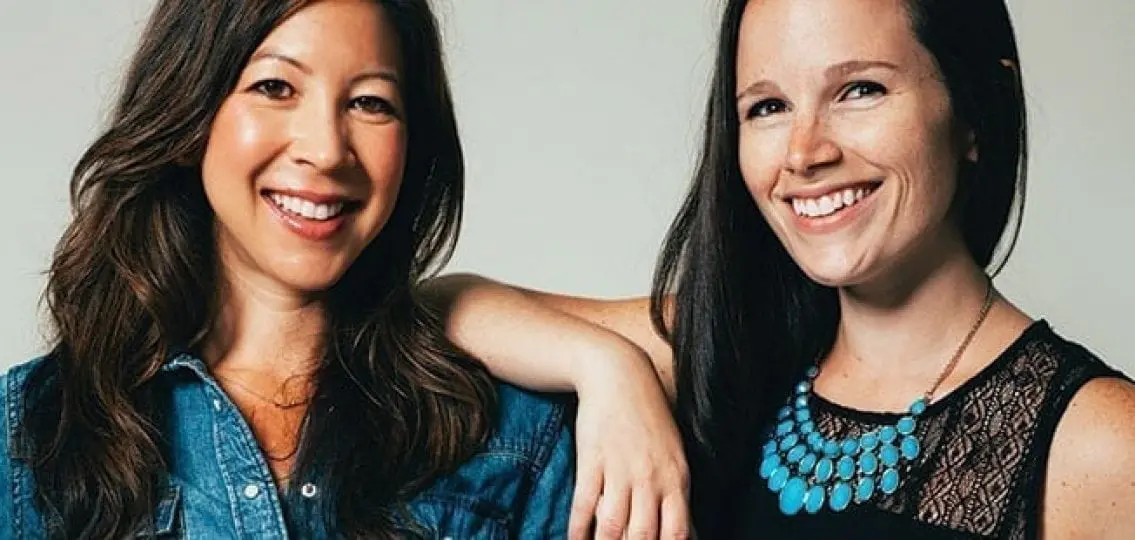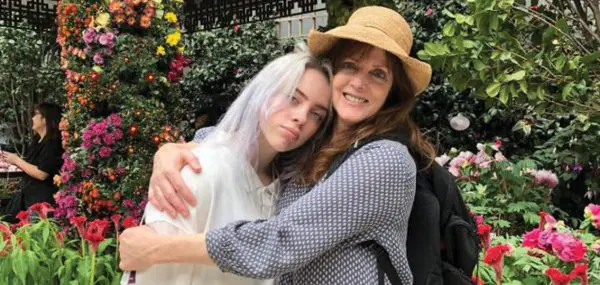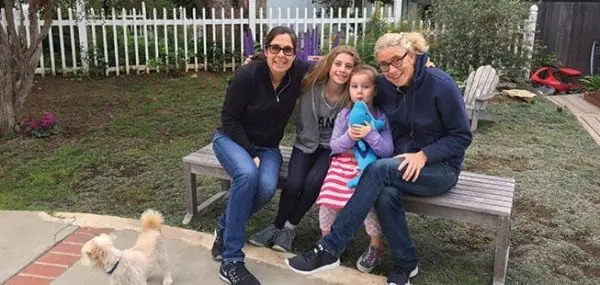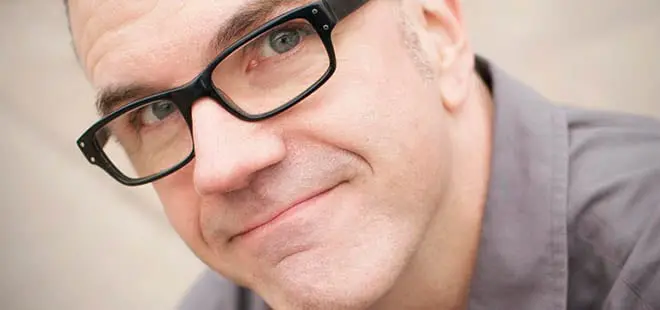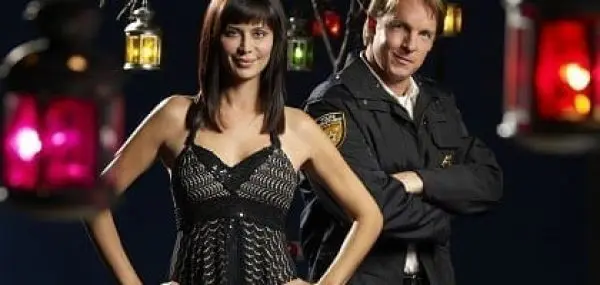After working in reality television for a number of years, Sarah Moshman and Dana Michelle Cook were both feeling discouraged with the way women were being portrayed in the media. In 2009, they founded Heartfelt Productions to create more positive content for women, and in 2014 they released a documentary called The Empowerment Project, which follows 17 inspirational women across the country and encourages women to be ambitious and strong in their careers. We spoke with Moshman and Cook to learn more about this project.
The Empowerment Project
Q: What led you to create The Empowerment Project?
Moshman: Dana and I both worked in reality television. We were really disappointed with the lack of representation of strong women and positive female role models for girls, especially teenage girls. We began to wonder, “What is this all for? What am I really contributing to the world?” Also, as media creators, we owed it to young girls to be better and to create better if we had those skills. Frustration with the media, our careers, and wanting more for ourselves all came together and manifested into The Empowerment Project.
Cook: One of the mantras that we stand by is that you can’t be what you can’t see. We had realized that with the lack of female leaders in the world, we couldn’t provide a clear option for girls to see what they could become. That’s the point of the film, to showcase 17 different inspirational women so girls could begin to make a connection between the classes they take and where it could lead. And, to see women who weren’t afraid to raise their hands and stand up and use their voices.
Q: Do you have a favorite interview from the film?
Cook: It changes every time I see it, depending on what’s going on in my life. So many of these women have incredible things to say. I love the architect. She says, “Live by being bold and naïve.” This is a running theme with making The Empowerment Project, the courage and the risk, and throwing ourselves off the cliff and seeing what happened.
Moshman: I love Admiral Michelle Howard. I am in awe of her. She says that when you’re in a minority group you don’t have the luxury of being average. I think that women and minorities can take comfort in that quote. That’s something we all face in the workplace at different times. Knowing that someone like her went through that gives me peace that we are all connected.
The Role of Men
Q: How do men fit into this equation?
Moshman: We want to bring boys and men into the conversation because we need them. These aren’t women’s issues; these are human issues. We need men to advocate for the rights of women, just as much as other women. We certainly made this film with teenage girls in mind, but we invite young men to be a part of this conversation and discuss equality. We’ve had fathers come up to us and say, “I can’t wait to share this with my daughter,” or “I had no idea that women went through these struggles in the workplace. I’m going to be a better employer. I’m going to try to be a better co-worker.”
Q: How did the reactions differ between teen girls and teen boys?
Cook: We held our breath for the first screening. There was a girl sitting in the front row, and during the Q&A she raised her hand and stood up and said, “I’m getting ready to take the SATs, and I’ve been wondering what it’s all for, and now I know.” Sarah and I were just like, “Drop the mic right now. We’re going to cry.” We had girls say, “I never thought I could be an astronaut because I’m a girl. Now I know I can.” Young boys come up to us after and say, “What can I do? I had no idea that women struggled in this way.” Sarah and I find it very important to have both boys and girls, men and women, in the room to spark this conversation and to talk about what’s going on in our own lives, and how we can all work together to empower the next generation of women and men.
Women in Film
Q: Do you have any advice for teenagers looking to get into film?
Moshman: Many people ask, “Do you recommend film school?” I think it works for some people, but it’s not essential. There’s only so much you can learn about being an artist or a filmmaker in a book or class. You really have to go out there and create stuff and make some really bad movies. I made my first documentary when I was 16 years old, and I don’t want anybody to see it, but it certainly helped me become the filmmaker I am today.
Schooling is great. I learned so much, but in terms of being a great filmmaker, you just have to fall down and get back up and make that terrible mistake, and forget to press record, and light something poorly. Then, you don’t make those mistakes anymore once you see the consequences of those actions. We’re just big fans of young women finding their voice through media, whether that’s making a movie, starting a blog or YouTube channel, or writing a script, or painting a picture. You really have to work at it. Things don’t happen overnight. It’s so important to struggle and to have rejection. All those things make you a more rounded artist.
Cook: I would say, if I’m speaking to a teenager, “The world needs you, and the world needs creators, and the world needs artists.” The power of cinema in the digital age is everything. It’s a way that you can make people feel. We need creators to remind us of our connectedness, of our humanity. What we’re going through right now in this country, we need the light to offset the darkness because it feels like we’re living in a dark time. Just create. We need you. The world needs you to keep conveying this message and creating content that inspires.
